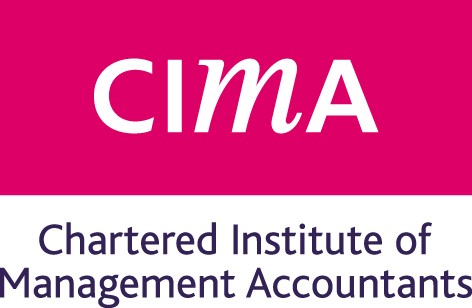In the ever-evolving landscape of tax law, it’s crucial for individuals and businesses to stay informed about the changes that may impact their financial obligations. As tax regulations undergo frequent revisions, it’s not uncommon for people to seek ways to minimize their tax liabilities.
Tax Avoidance vs. Tax Evasion
Before delving into the details of tax avoidance, it’s essential to clarify the distinction between tax avoidance and tax evasion. Tax evasion refers to illegal activities that involve intentionally misrepresenting or concealing income, assets, or transactions to avoid paying the appropriate amount of taxes. Tax evasion is a serious offense punishable by law. On the other hand, tax avoidance is a legal practice that involves leveraging the provisions of tax laws to minimize tax liabilities without violating any regulations.
Understanding Tax Avoidance
Tax avoidance revolves around identifying loopholes or gaps within the tax legislation and using them to one’s advantage. However, it is crucial to note that tax authorities are proactive in identifying and addressing these loopholes to maintain a fair and equitable tax system. When a particular tax loophole appears excessively beneficial, tax authorities, such as HMRC (His Majesty’s Revenue and Customs), are likely to scrutinize it closely and take action to close it.
The Legal Perspective
Tax avoidance, while not illegal, must still adhere to certain guidelines to be considered legitimate. Compliance with tax legislation is crucial, as it outlines what actions are permissible within the framework of the law. By following the provisions set forth in the tax laws, individuals and businesses can engage in tax planning strategies that are both legal and financially advantageous.
However, it’s important to understand that tax avoidance must not be implemented solely for the purpose of evading taxes. Tax authorities, such as HMRC, can challenge tax avoidance practices that they deem to be commercially irrelevant, inappropriate, or lacking a legitimate business purpose. When this occurs, they may disallow the tax benefits obtained through such practices, impose penalties, and even seek to collect backdated taxes and penalties from the inception of the avoidance scheme.
The Role of Professional Advice
Given the complexities and ever-changing nature of tax laws, it is highly advisable to consult with a qualified accountant or tax advisor when considering tax planning strategies. A skilled professional can provide invaluable guidance by keeping individuals and businesses informed about anti-avoidance legislation, obscure rules, and tribunal cases that may influence their tax planning decisions.
Engaging an accountant or tax advisor who is well-versed in tax law and experienced in handling various scenarios can help mitigate the risk of facing unforeseen tax consequences down the line. By seeking professional advice, individuals and businesses can ensure that their tax planning is both compliant with the law and aligned with the prevailing rules and precedents.
In conclusion, staying updated on tax law changes and seeking professional advice are essential steps in navigating the complexities of tax avoidance. While tax avoidance is legal, it must be conducted within the bounds of the law and should not involve uncommercial or inappropriate practices solely aimed at evading taxes. By understanding the nuances of tax avoidance and consulting experts in the field, individuals and businesses can make informed decisions that minimize their tax burdens while remaining compliant with the regulations established by tax authorities.








